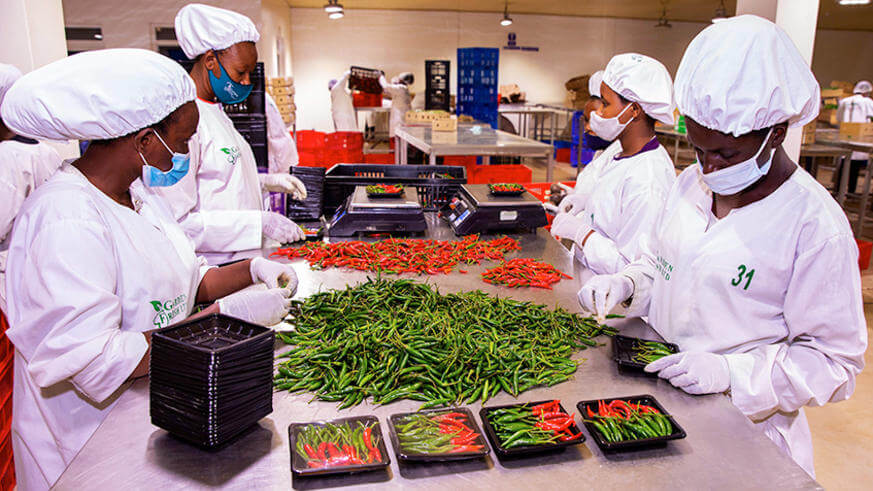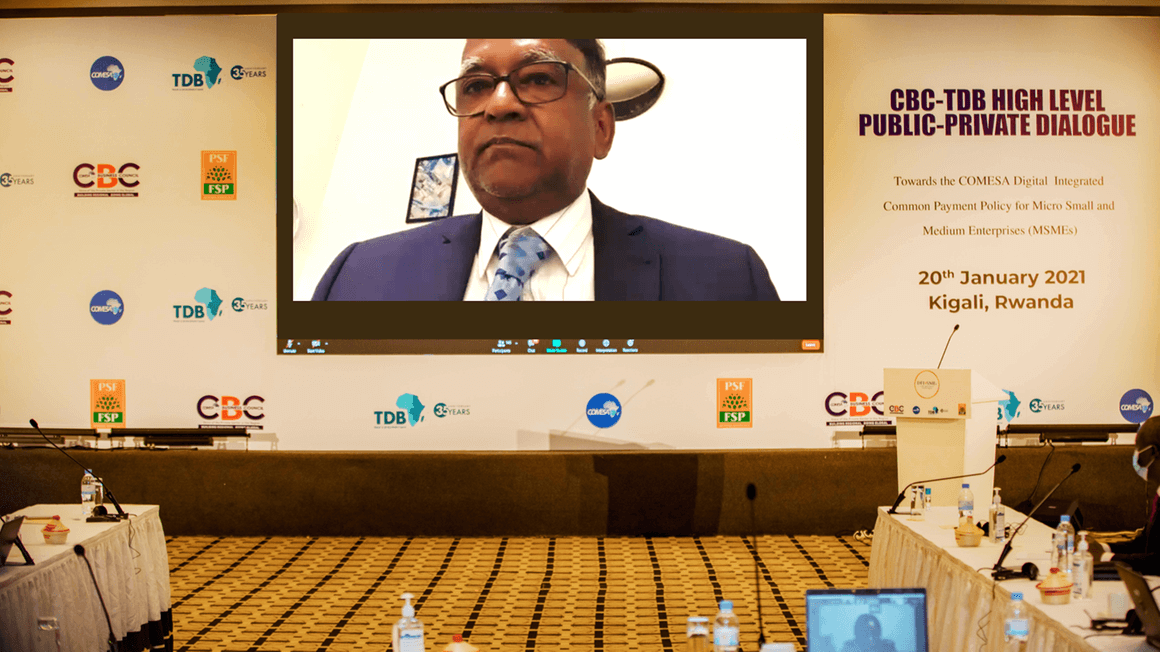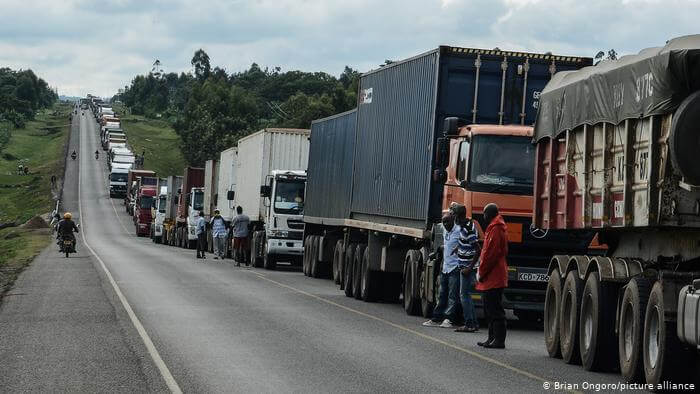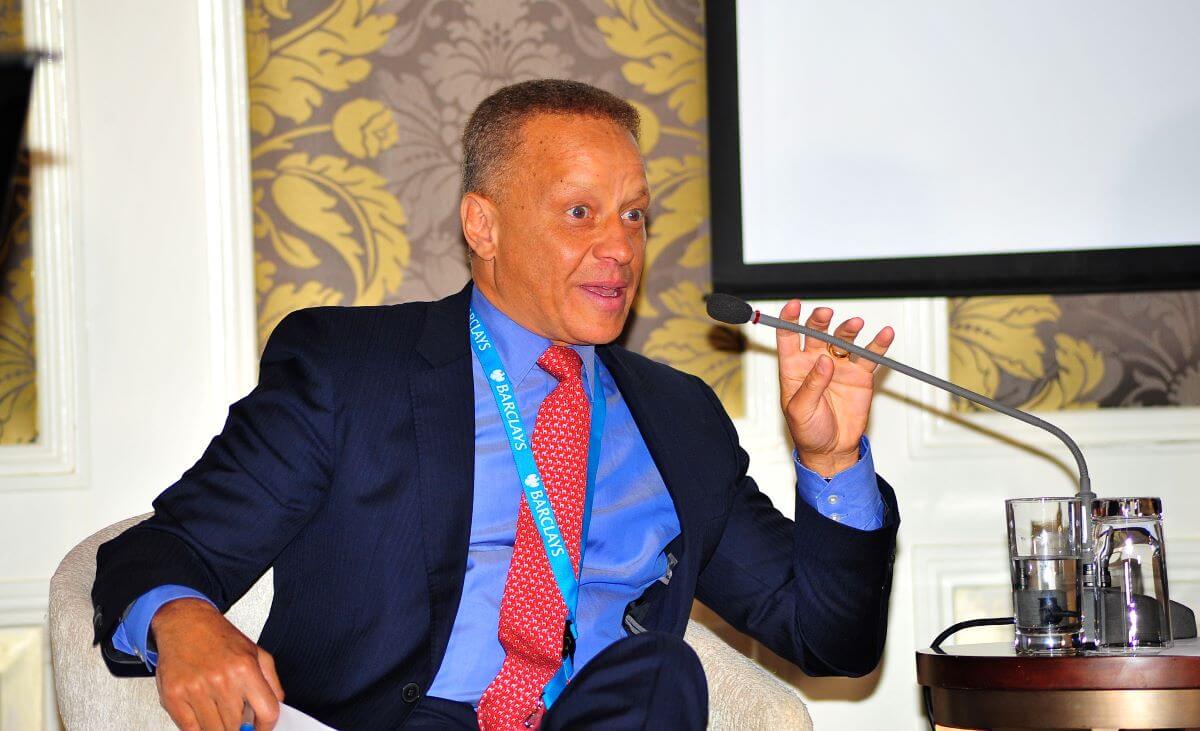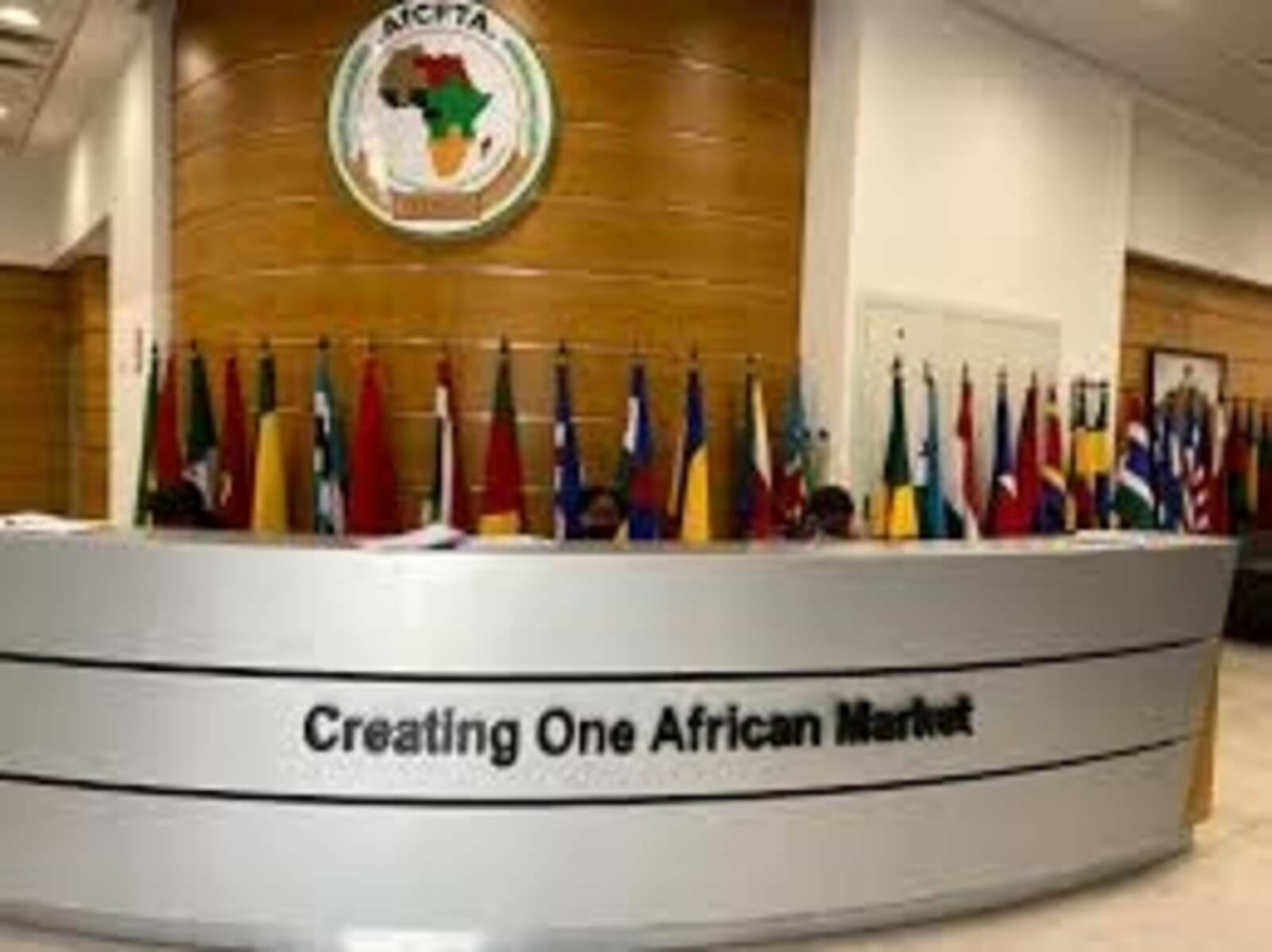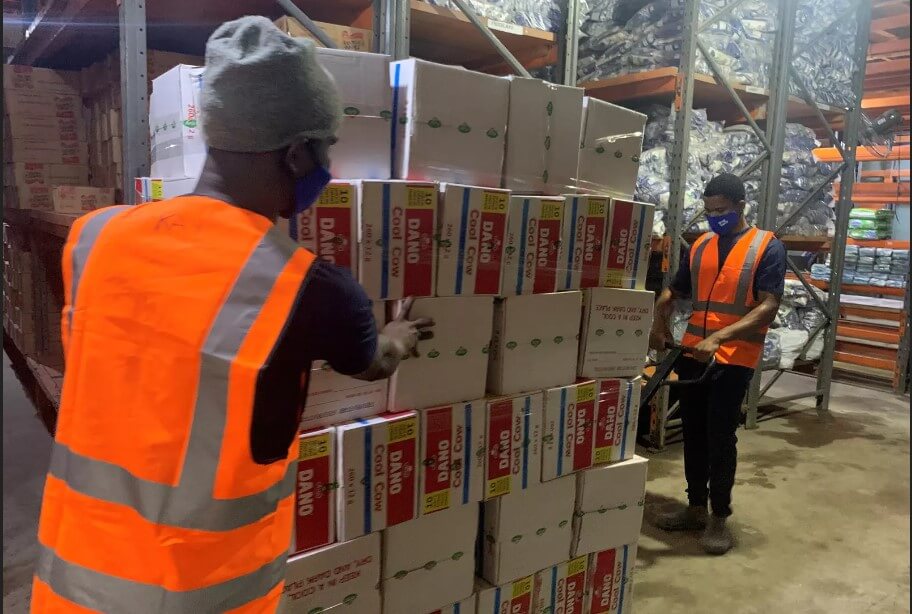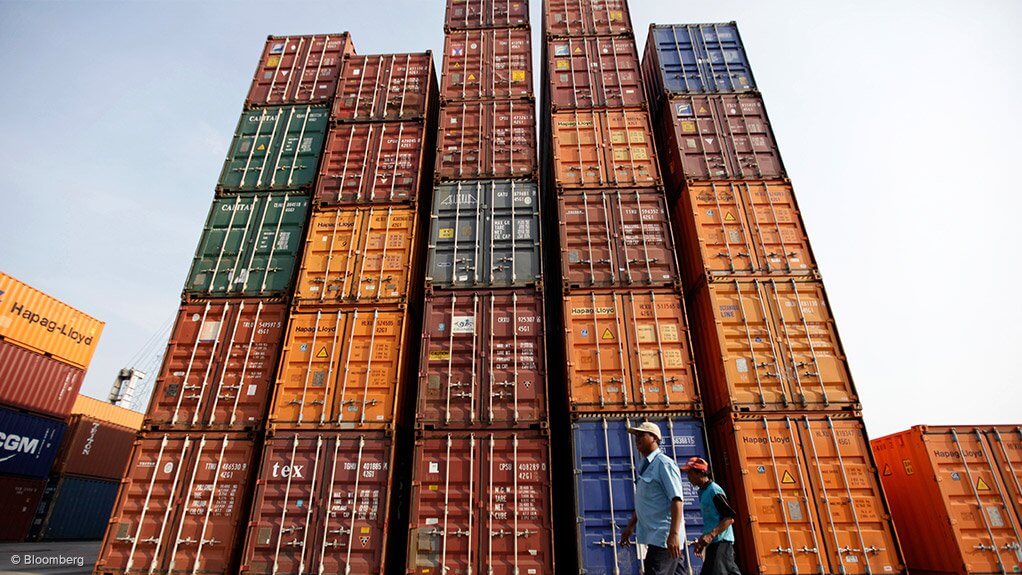At the end of December 2020, after intensive negotiations, the approval of a trade deal between the UK and the EU was rushed through the British Parliament. There is, however, still little clarity on what Brexit will mean in practice in the long run. What are the threats and opportunities for international development resulting from the UK-EU agreement? Let’s see what international experts say about that. What are the threats and opportunities for international development resulting from the UK-EU agreement? Adrian Green, Independent expert “The transition is over and Britain is fully out of the European Union. The Brexit agreement references sustainable development, climate change, public goods, but solely as principles underpinning UK-EU relationships on trade and commerce. On aid, the agreement is silent. Are there major risks or opportunities? Whether the UK contribution to EuropAid will revert into UKAid is a moot point just now with the aid budget reducing, but one direct threat is already evident – many UK development-focused NGOs and private sector bodies face an EU-aid freeze out. Looking wider, there may be an opportunity to reshape how the UK ‘does’ aid – leading to greater impact in selected focal areas, as a ‘force for good’. The upcoming UK leadership of the G7 and Glasgow COP could be useful divining rods. Among these, topical in the Brexit environment, are: beefing up British business ethics, stronger illicit finance/tax avoidance rules, offering vastly better trade and invest B2B partnership terms than the EU does for developing nations. Backed...
The impact of the UK-EU agreement on international development | Experts’ Opinions
Posted on: February 15, 2021
Posted on: February 15, 2021



